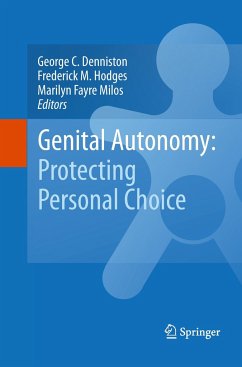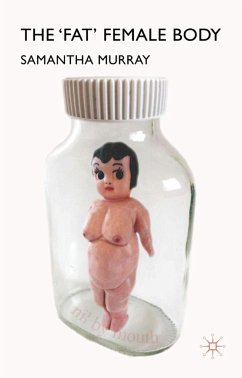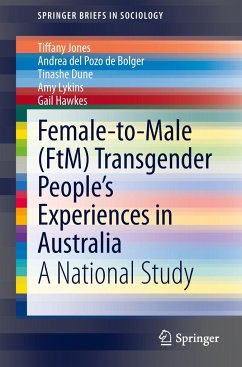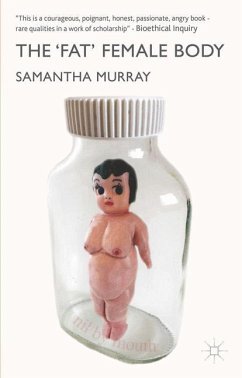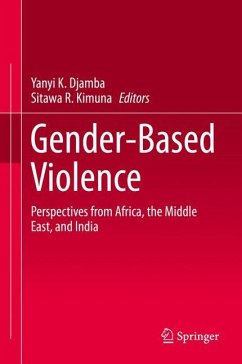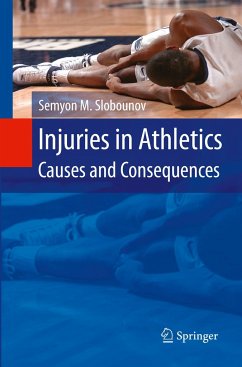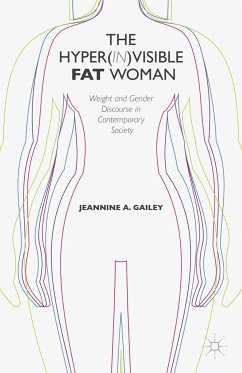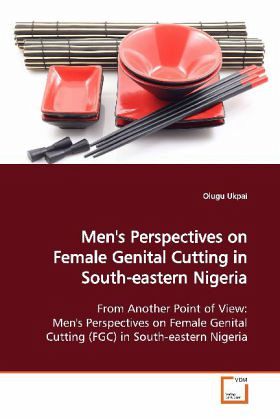
Men's Perspectives on Female Genital Cutting in South-eastern Nigeria
From Another Point of View: Men's Perspectives on Female Genital Cutting (FGC) in South-eastern Nigeria.
Versandkostenfrei!
Versandfertig in 6-10 Tagen
52,99 €
inkl. MwSt.

PAYBACK Punkte
26 °P sammeln!
Ukpai s contribution to the literature on femalegenital cutting (FGC) is substantial. The authorbrings a new and important perspective to the debateon female genital cutting by highlighting the impactof this practice on women, men and the community atlarge. Ukpai challenges the assumption that it issolely men who perpetuate the practice of FGC andbrings a new dimension to our understanding of powerrelations between women as well as between men andwomen. Research carried out with men in Nigeria lendsoriginal insights into perceptions of how FGC isperpetuated, by whom and for whom. Ukpai s workt...
Ukpai s contribution to the literature on female
genital cutting (FGC) is substantial. The author
brings a new and important perspective to the debate
on female genital cutting by highlighting the impact
of this practice on women, men and the community at
large. Ukpai challenges the assumption that it is
solely men who perpetuate the practice of FGC and
brings a new dimension to our understanding of power
relations between women as well as between men and
women. Research carried out with men in Nigeria lends
original insights into perceptions of how FGC is
perpetuated, by whom and for whom. Ukpai s work
therefore offers important contributions to feminist
literature and gender relations by casting new light
on FGC and why it is perpetuated. The book sheds new
light on how working more closely with men in the
community is essential to raising awareness about the
impacts of FGC and effecting change. The material
presented in this book is essential reading for those
interested in health, human rights and gender
equality and will appeal to a wide audience
consisting of undergraduate students, senior
scholars, and development and health practitioners.
genital cutting (FGC) is substantial. The author
brings a new and important perspective to the debate
on female genital cutting by highlighting the impact
of this practice on women, men and the community at
large. Ukpai challenges the assumption that it is
solely men who perpetuate the practice of FGC and
brings a new dimension to our understanding of power
relations between women as well as between men and
women. Research carried out with men in Nigeria lends
original insights into perceptions of how FGC is
perpetuated, by whom and for whom. Ukpai s work
therefore offers important contributions to feminist
literature and gender relations by casting new light
on FGC and why it is perpetuated. The book sheds new
light on how working more closely with men in the
community is essential to raising awareness about the
impacts of FGC and effecting change. The material
presented in this book is essential reading for those
interested in health, human rights and gender
equality and will appeal to a wide audience
consisting of undergraduate students, senior
scholars, and development and health practitioners.



